In the world of RV travel, the transition to solar power has revolutionized the way adventurers explore the open road. Embracing solar energy isn't just about reducing your carbon footprint; it's about achieving greater independence, flexibility, and a sustainable approach to RV living. If you're considering tapping into the power of the sun for your RV, this guide is your gateway to understanding solar installation and the incredible benefits it brings to your nomadic lifestyle.
Understanding Solar Power for RVs
Solar power for RVs involves the installation of photovoltaic (PV) panels on the roof or sides of your vehicle. These panels capture sunlight and convert it into electricity, which is stored in batteries for later use. The system comprises solar panels, charge controllers, batteries, and an inverter, forming a self-sustaining power source for your RV.
RV Solar Power Installation Process
- Assessment and Planning: Determine your power needs based on your RV usage, appliances, and electrical requirements. Assess your RV's roof space for optimal panel placement.
- Choosing the Right Components: Select high-quality solar panels, an appropriate charge controller, deep-cycle batteries, and a reliable inverter.
- Installation: Mount the solar panels securely on the roof, connect them to the charge controller, which regulates the charge to the batteries, and install the inverter for converting DC power to AC power for your appliances.
- Testing and Maintenance: Verify the system's functionality, perform routine checks, and ensure panels are clean for optimal efficiency.
Benefits of Solar Power for RVs
- Off-Grid Capability: Enjoy the freedom to camp in remote locations without relying on external power sources. Experience true off-grid living while still having access to electricity.
- Cost Savings: Reduce or eliminate campground fees by relying on solar power instead of traditional hookups. Over time, the initial investment pays off with decreased utility expenses.
- Environmental Impact: Embrace a sustainable lifestyle by harnessing clean, renewable energy, reducing carbon emissions, and minimizing reliance on fossil fuels.
- Quiet and Reliable Energy Source: Solar panels produce electricity silently, providing a reliable power source without the noise or dependence on generators.
- Increased Independence: Enjoy longer stays at campsites without worrying about power limitations, enhancing your sense of freedom and flexibility.
Tips for Maximizing Solar Efficiency
- Optimal Panel Placement: Position panels to receive maximum sunlight exposure throughout the day.
- Invest in Quality Equipment: Choose high-efficiency solar panels and durable components to ensure longevity and performance.
- Energy-Efficient Appliances: Use energy-saving appliances and LED lighting to conserve power.
- Monitor Usage: Keep track of power consumption and adjust usage accordingly to optimize efficiency.
Conclusion
Solar power for RVs is a game-changer, offering a sustainable, cost-effective, and liberating approach to RV living. By harnessing the sun's energy, RVers can enjoy the freedom to roam, extended off-grid stays, and a reduced environmental footprint.
Are you considering making the switch to solar power for your RV? Share your thoughts or experiences in the comments below. Let's empower each other to embrace the sun and enhance our RV adventures sustainably!


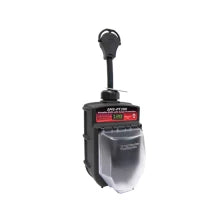

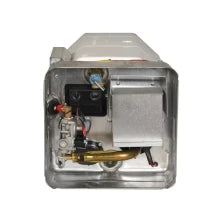
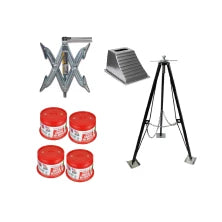
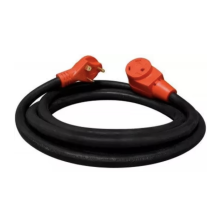
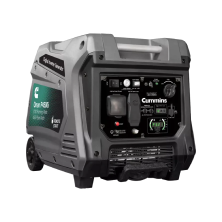
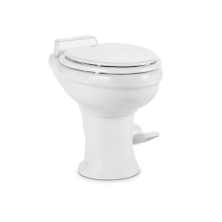
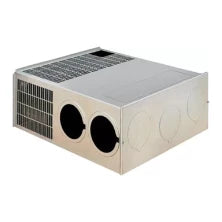

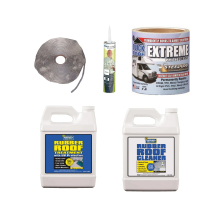
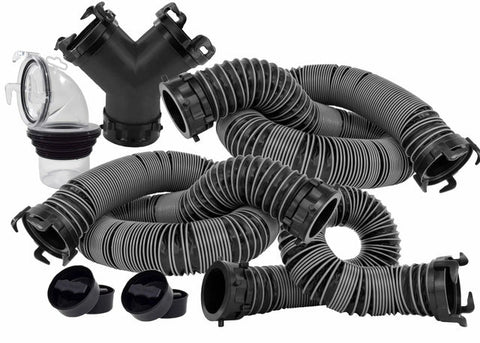
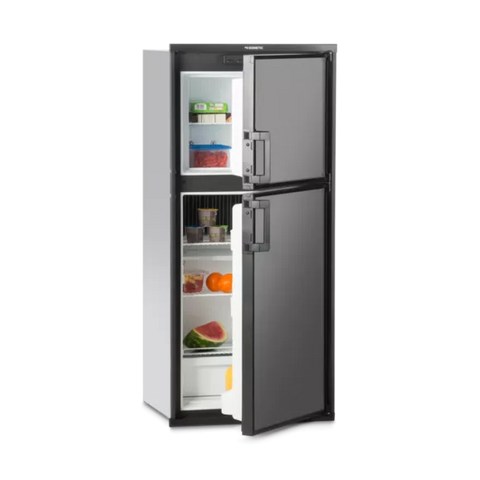
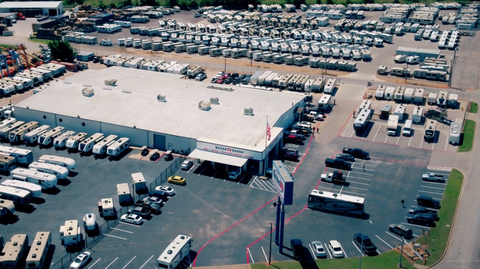
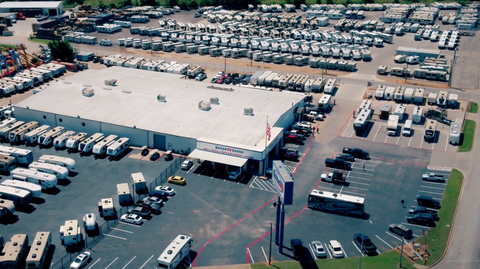
Comments (1)
Our Fifth wheel came prewired with a Zamp 30-watt controller, we have installed 3 Zamp collectors and 4 gel batteries but I want to expand the system to allow full trailer function including main air TVs etc.
Just started looking at design added collectors up dated controllers change to larger lithium batteries.